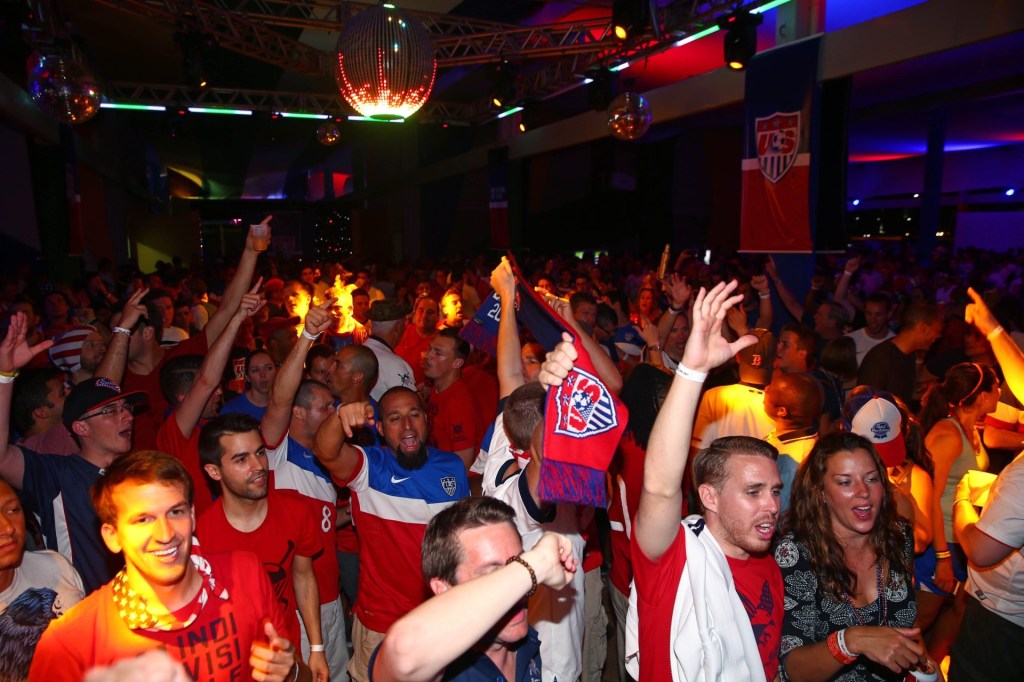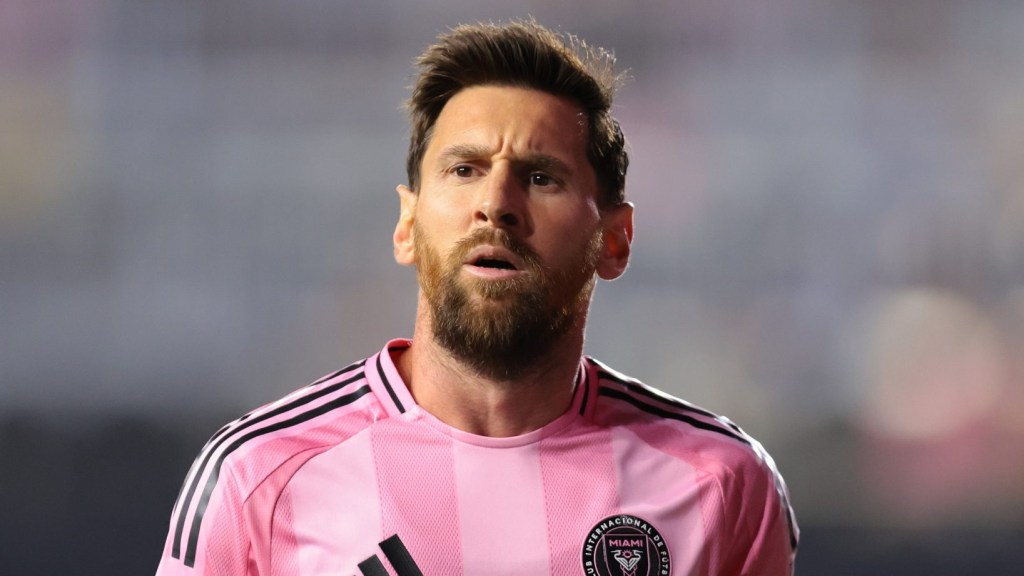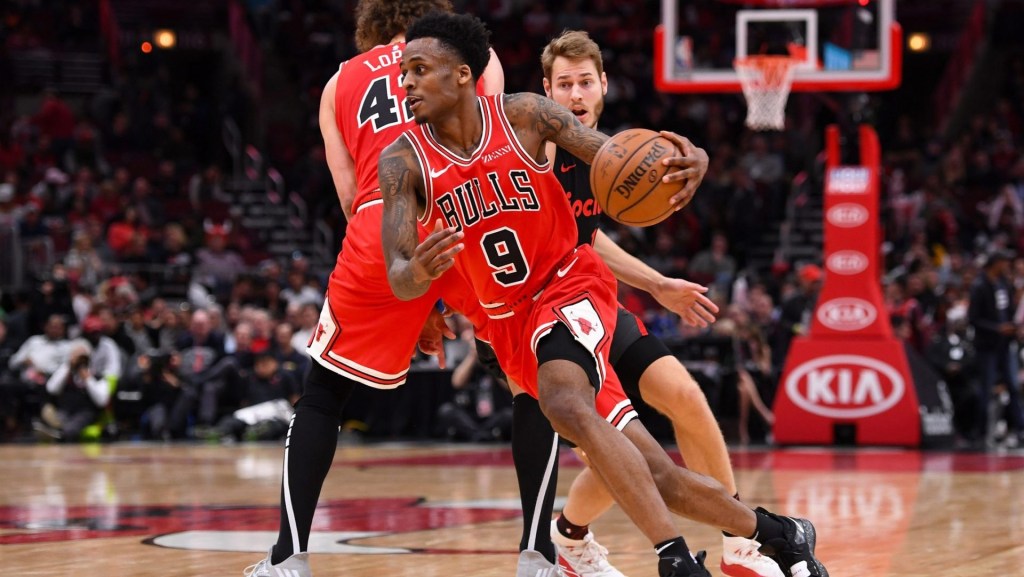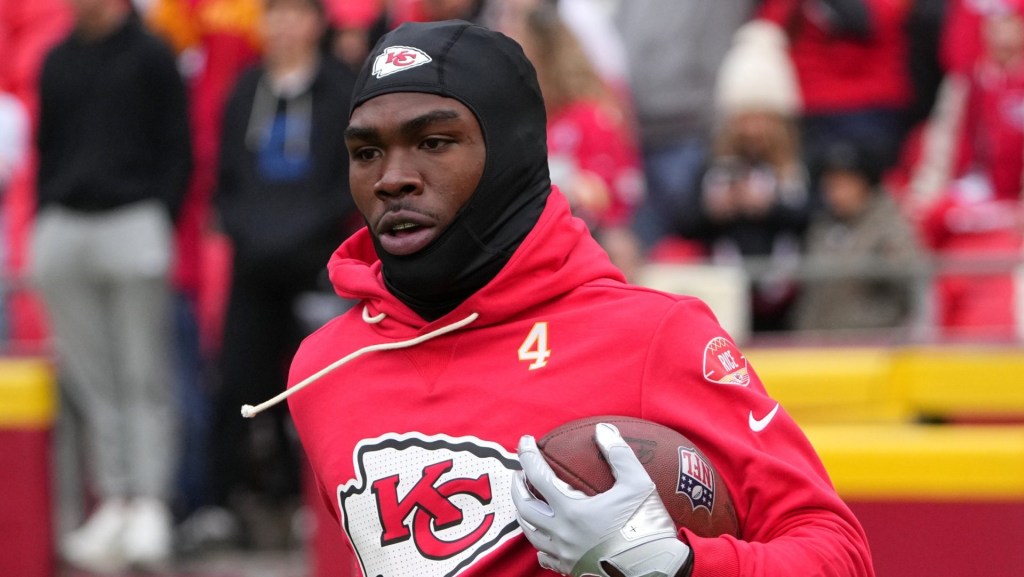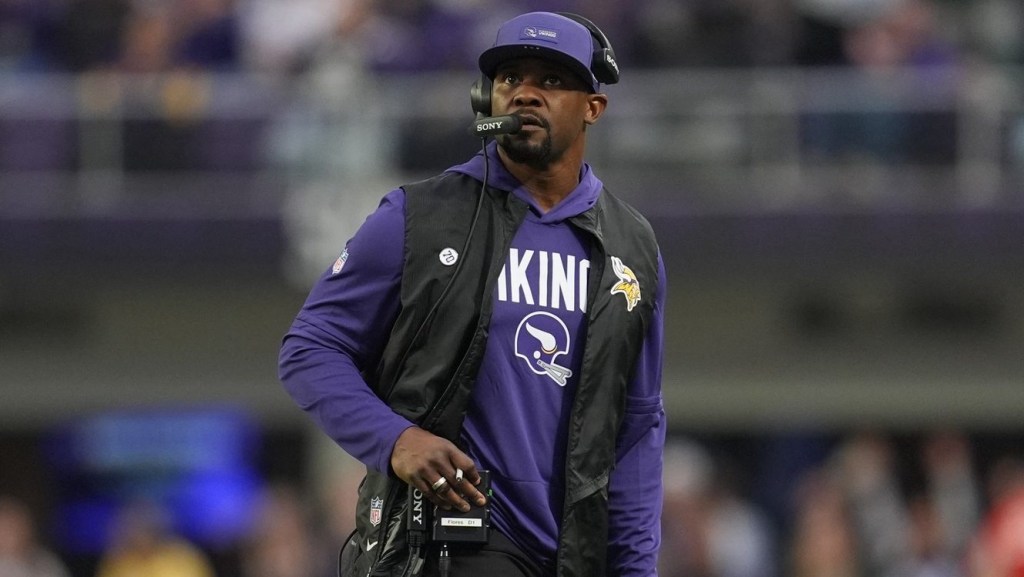The Premier League increased restrictions on clubs to make them more financially stable. That attempt at belt-tightening ended up costing the league tens of millions of dollars in legal fees as clubs fought back against enforcement.
Last season, the league’s spending on lawyers soared amid investigations and arbitration hearings for Manchester City, Chelsea, Everton, Nottingham Forest, and Leicester City. The Times of London first reported the total amount of $66 million (£50 million), more than six times greater than the budgeted amount.
A quick review of each club’s financial issues:
- Manchester City sued the Premier League over its associated party transaction rules, saying they made the club a victim of “discrimination” by other ones. The club is also facing 115 alleged breaches of league financial rules between 2009 and 2018 and failing to cooperate with investigators.
- Chelsea is being investigated for potential financial violations under former owner Roman Abramovich.
- Everton received a six-point deduction (lowered from 10 points) for violating Profit and Sustainability Rules (PSR) by losing too much money in a three-season period. The Premier League wanted the club to pay its $6.5 million legal fees, but only got about $2.3 million, according to an earlier Times report, plus it lost the appeal. Everton’s general counsel, Celia Rooney, said the Premier League’s legal costs were “frankly eye-watering.”
- Nottingham Forest was charged with breaking PSR last season, also for losing too much money.
- Leicester City won its appeal of an alleged PSR breach earlier this month.
The league only anticipated spending about $10.7 million in legal fees, according to The Times. Clubs are gathering for a shareholders meeting Thursday.
The Premier League introduced its current PSR guidelines in the 2013 season that allow clubs to lose no more than 105 million pounds—about $140 million—over a three-year period. In April, the majority of clubs voted they’d like to move toward a new model beginning in the 2025-2026 season. This would include anchoring—instituting a hard spending cap worth five times the last-placed team’s TV revenue—and squad cost rules, which limits a team’s spending on players, transfers, and agent fees to a portion of its own revenue.


